Liver Disease And Protein
Liver disease and protein. Protein intake in renal and hepatic disease. Function in patients with liver disease60 Protein catabolism is a hallmark of critical illness. Cutting down the amount of animal protein you eat.
One of the nutrients affected by cirrhosis is protein. Vitamin deficiencies that are common in liver disease contribute to abnormalities of protein metabolism. Thus disease states of either the liver ando.
21 2017 A diet high in animal protein was associated with a higher risk of non-alcoholic fatty liver disease NAFLD a condition in which fat builds up in the liver. Synthesis of albumin and other proteins occurs mainly in the liver whereas protein breakdown and excretion are handled through an intricate interaction between these two organ systems. Total protein measurements of your blood can reflect nutritional status and are used to screen for and help diagnose liver and kidney diseases as well as other health conditions.
A new study suggests that a diet high in animal protein may increase the risk of fatty liver disease especially for people who are elderly and overweight. Effects of a high protein diet and liver disease in an in silico model of human ammonia metabolism. Taking essential amino acid supplements may help individuals with liver issues have sufficient amino acids to combat unpleasant side effects such as muscle wasting.
Given changes in the livers ability to store glycogen intake of carbohydrate in conjunction with protein ensures proper allocation of protein for muscle maintenance and rebuilding. The cirrhotic liver causes your body to breakdown proteins at a fast. Liver Disease Why Eating More Protein Isn T Always Better Liver Cirrhosis And Metabolism Sugar Protein Fat And Can Eating Too Much Protein Hurt My Liver I Liversupport Com Nutritional Assessment In Chronic Liver Disease Nutritional Assessment In Chronic Liver Disease Download Table.
AB - Protein deficiency is often associated with liver disease. Liver disease unless they become protein intolerant due to encephalopath. Sometimes an abnormal level of protein in your blood is detected well before symptoms of liver or kidney disease begin to.
Approximately 20 to 80 of zinc from food is absorbed in the duodenum and upper. Increasing your intake of carbohydrates to be in proportion with the amount of protein you eat.
Sometimes an abnormal level of protein in your blood is detected well before symptoms of liver or kidney disease begin to.
Thus disease states of either the liver ando. 5 Having these mixed macronutrient meals and snacks at regular and frequent intervals throughout waking hours helps the patient meet nutritional needs and reduce the time the patients body is spent in a fasting state. Total protein measurements of your blood can reflect nutritional status and are used to screen for and help diagnose liver and kidney diseases as well as other health conditions. Synthesis of albumin and other proteins occurs mainly in the liver whereas protein breakdown and excretion are handled through an intricate interaction between these two organ systems. Liver disease unless they become protein intolerant due to encephalopath. Vitamin deficiencies that are common in liver disease contribute to abnormalities of protein metabolism. Protein intake should be in the range of 1-15 gkgday. This will help limit the buildup of toxic waste products. A new study suggests that a diet high in animal protein may increase the risk of fatty liver disease especially for people who are elderly and overweight.
Liver Disease Why Eating More Protein Isn T Always Better Liver Cirrhosis And Metabolism Sugar Protein Fat And Can Eating Too Much Protein Hurt My Liver I Liversupport Com Nutritional Assessment In Chronic Liver Disease Nutritional Assessment In Chronic Liver Disease Download Table. 21 2017 A diet high in animal protein was associated with a higher risk of non-alcoholic fatty liver disease NAFLD a condition in which fat builds up in the liver. Effect of liver disease on metabolism and nutritional status Protein-energy malnutrition Acute liver disease induces the same metabolic effects as any disease associated with an acute phase response. Given changes in the livers ability to store glycogen intake of carbohydrate in conjunction with protein ensures proper allocation of protein for muscle maintenance and rebuilding. 5 Having these mixed macronutrient meals and snacks at regular and frequent intervals throughout waking hours helps the patient meet nutritional needs and reduce the time the patients body is spent in a fasting state. Data from the model suggest decreasing protein consumption may be one simple strategy to decrease blood ammonia levels and minimize the risk of developing hepatic encephalopathy for many liver disease patients. Zinc and protein metabolism in chronic liver diseases 1.

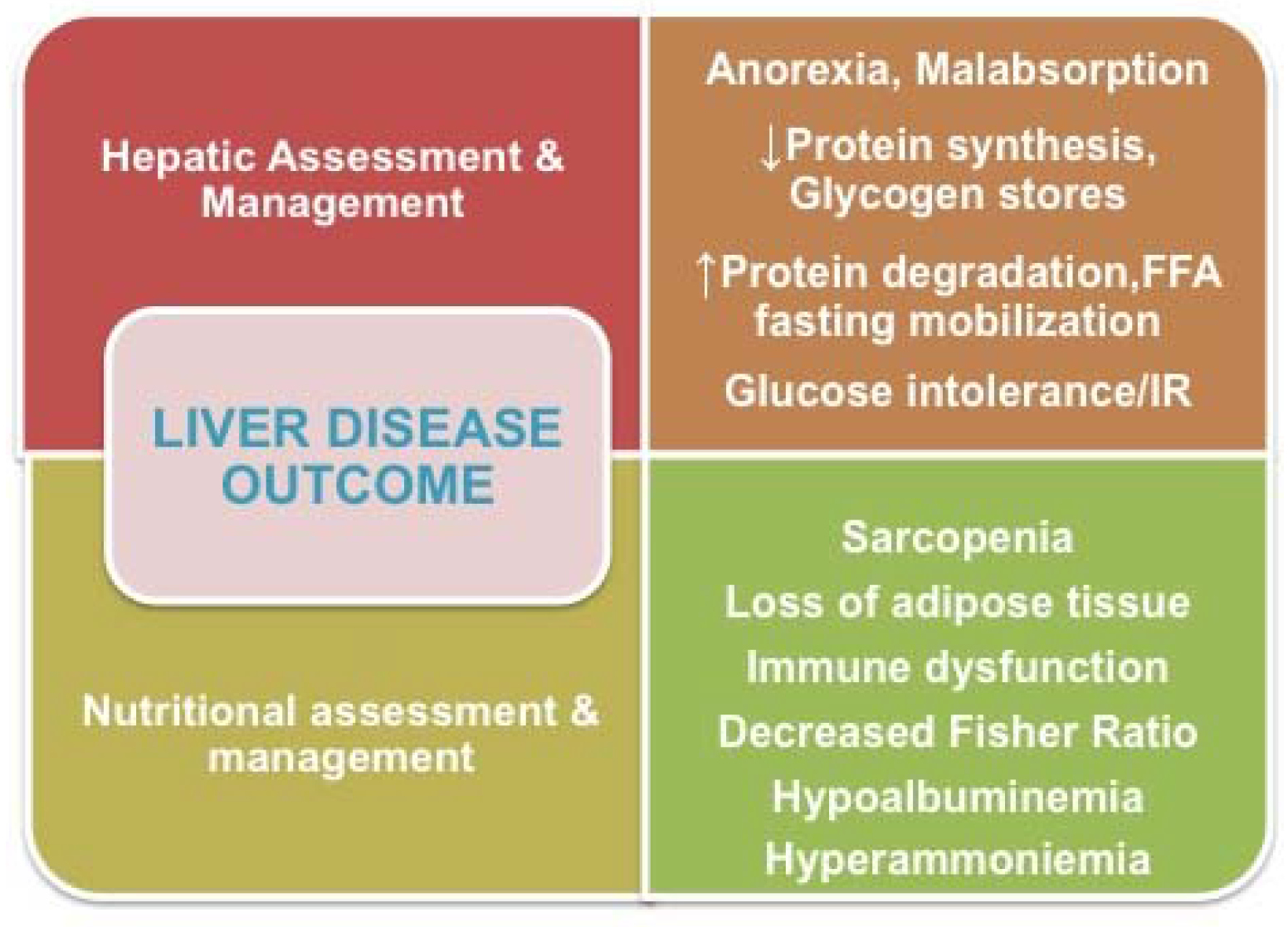




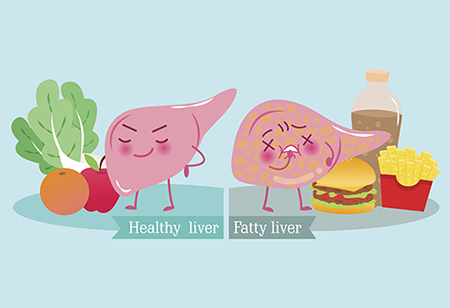




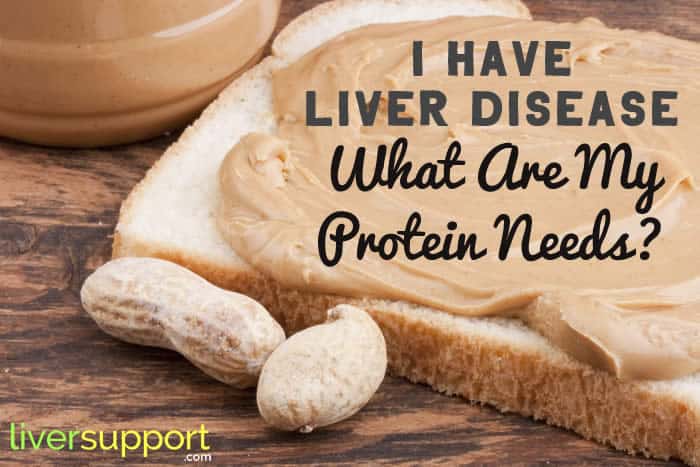

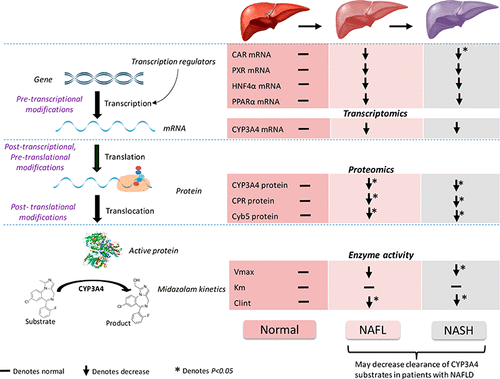

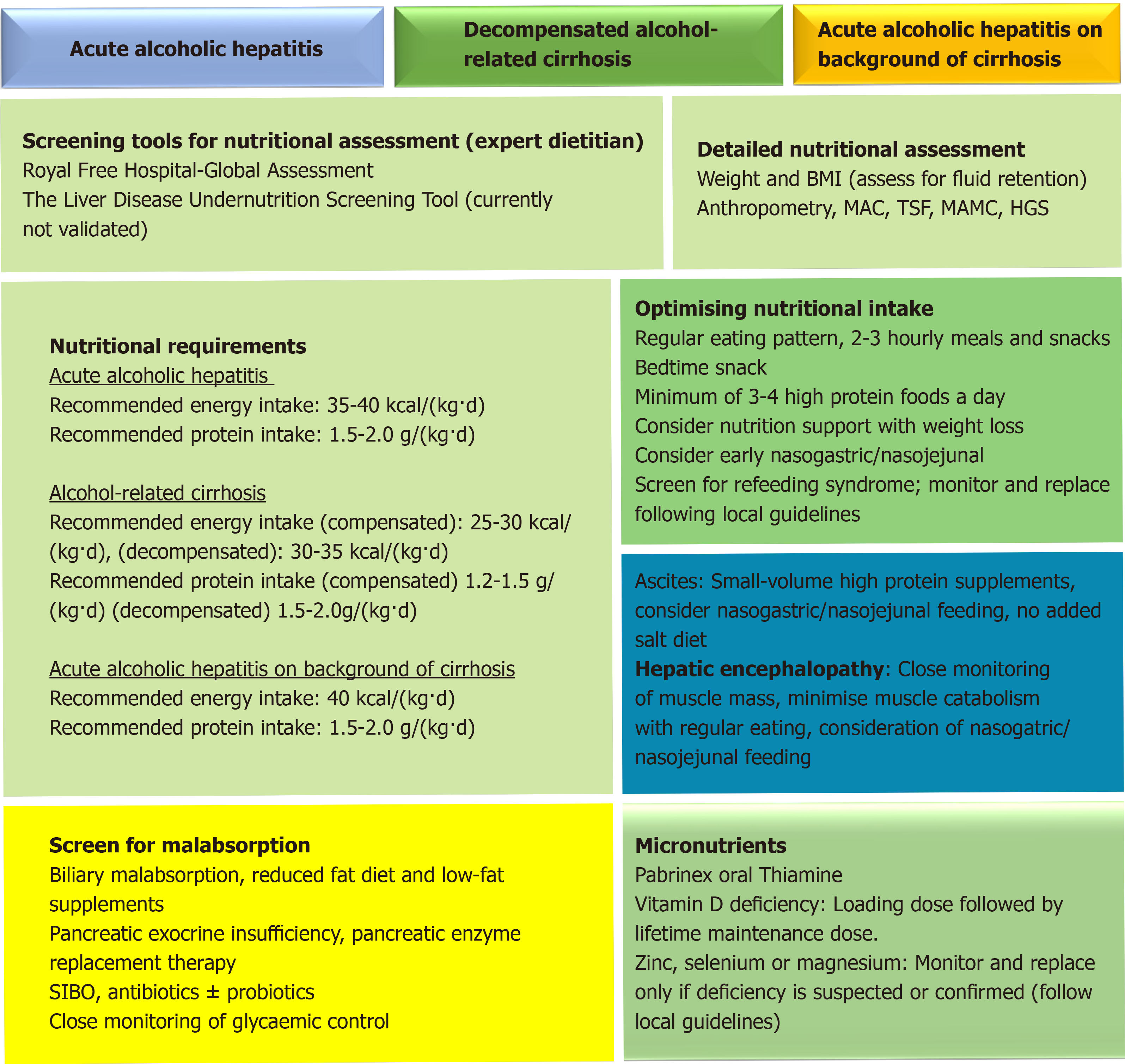

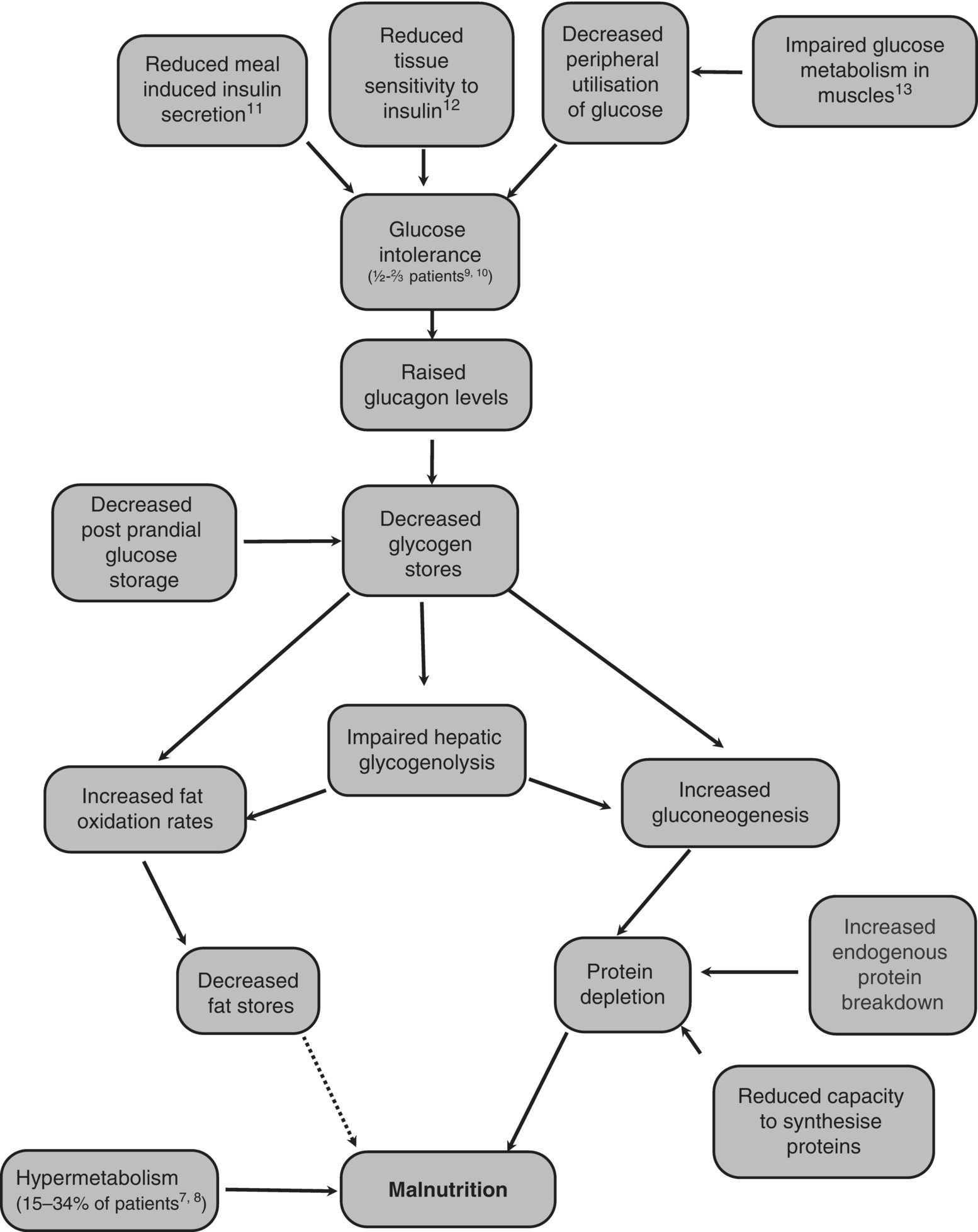

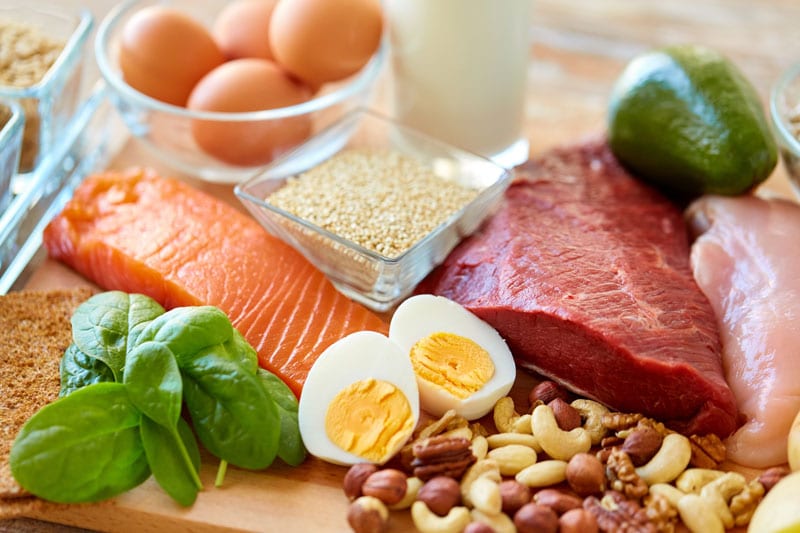


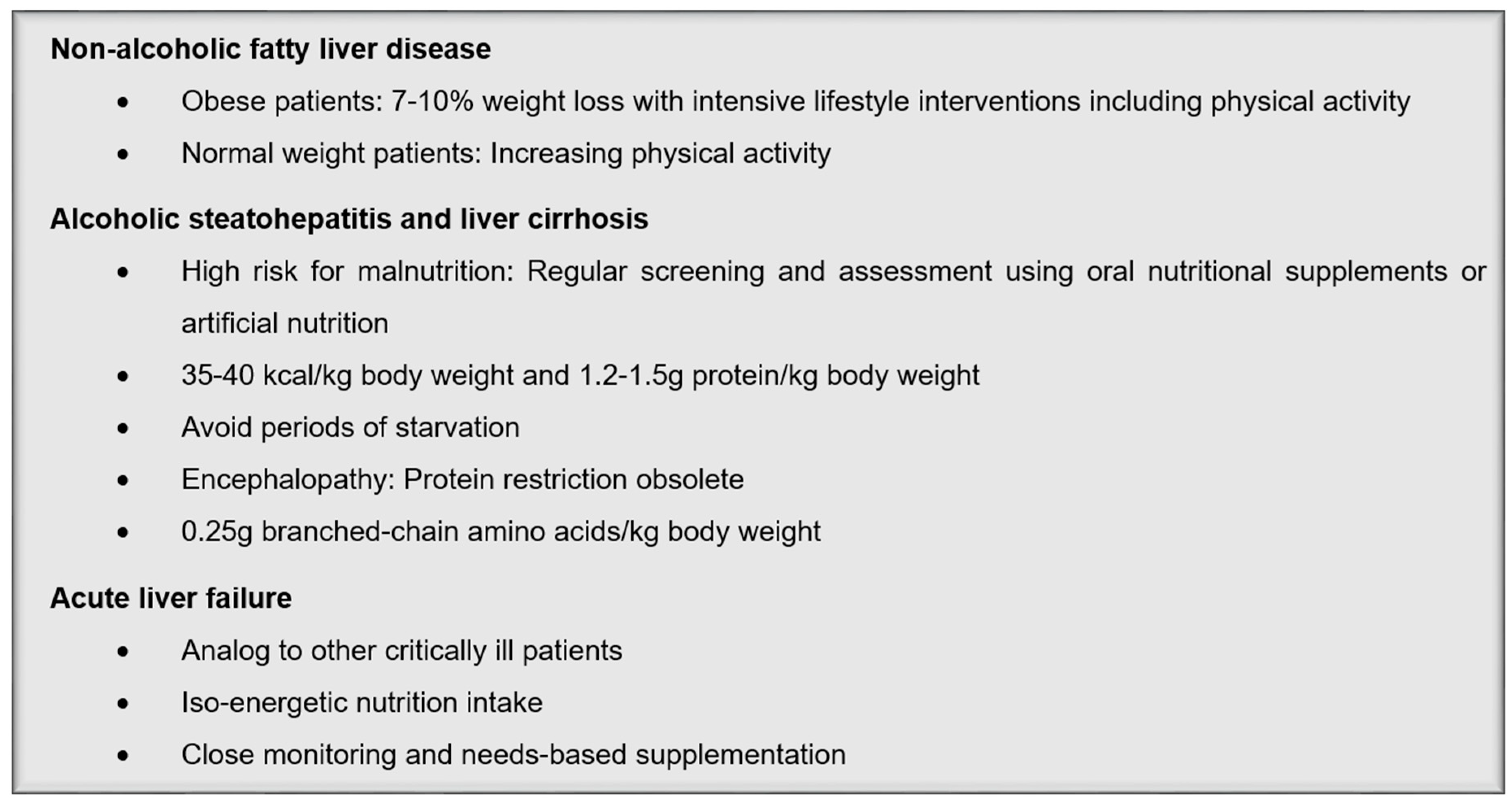








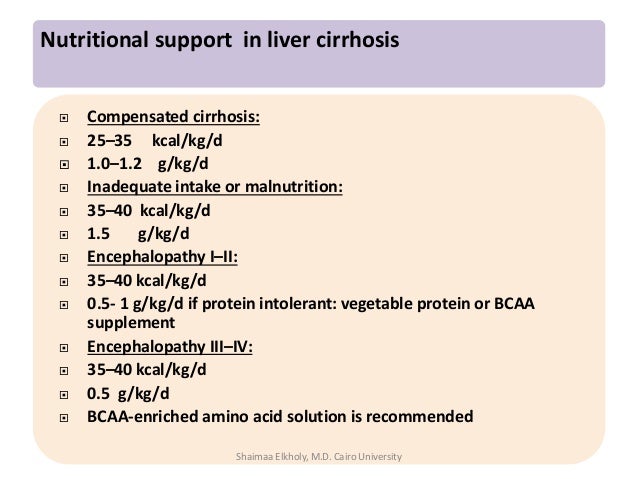



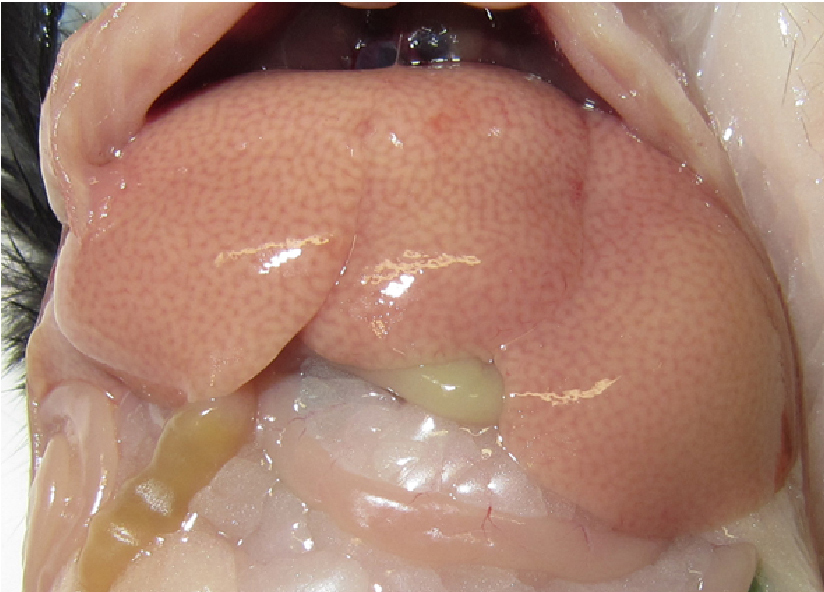


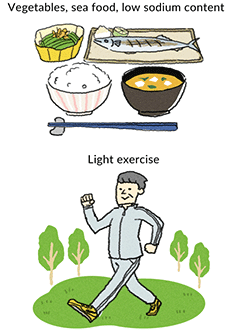




Posting Komentar untuk "Liver Disease And Protein"